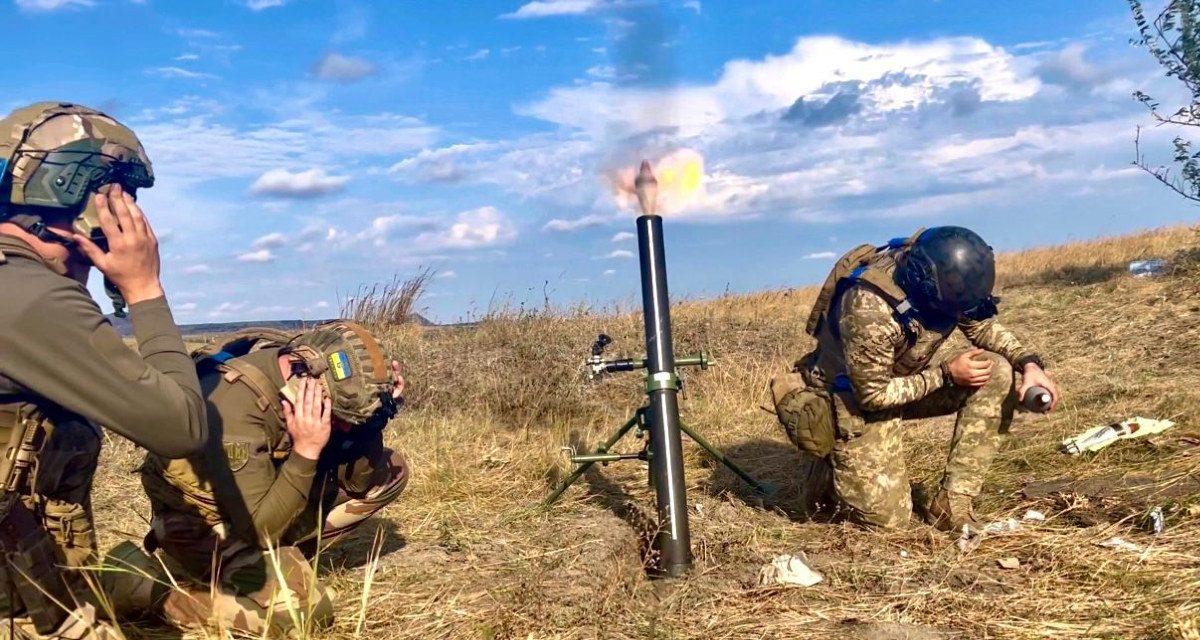One year ago, on February 24, Russia launched its invasion of Ukraine. The opening days and weeks saw Russia’s initial ambitious moves thwarted, most notably its thrust toward Kyiv. Ukrainian forces defended more effectively than many observers, even many experts, anticipated. And the Ukrainian population likewise proved resilient in the face of Russia’s aggression.
As days turned to weeks, and subsequently to months, the war progressed through phases. Defenders went on the offensive. Attacks were followed by counterattacks. The two sides engaged in hard-fought battles for key terrain—most notably cities. Front lines shifted rapidly at first, before settling into a more static pattern. Ukrainian offensives to recapture Kharkiv and Kherson in the fall made the battlefield more dynamic again, but this once more gave way to a comparative lull as winter set in. And now, twelve months into the war, many expect another phase to emerge as both sides plan likely spring offensives.
What lessons should we be learning about modern war from the way this conflict has unfolded over its first year? What assumptions has the war challenged, and what assumptions has it reinforced? And what features will characterize the war in the months ahead? To address these questions and more, John Amble is joined in this episode of the MWI Podcast by retired Major General Mick Ryan. He served for more than thirty years in the Australian Army and commanded at platoon, squadron, regiment, task force, and brigade level. In his last position before retiring, he commanded the Australian Defence College. A scholar of war and the profession of arms, his experience has made him one of the most insightful observers of the war in Ukraine.
You can listen to the entire episode below, and if you aren’t already subscribed to the MWI Podcast, be sure to find it on Apple Podcasts, Stitcher, Spotify, TuneIn, or your favorite podcast app. While you’re there, please take a moment and give the podcast a rating or leave a review.
Image credit: mil.gov.ua, via Wikimedia Commons

